How to become Fluent in Turkish
If you’ve been following my writing for a while, you’ll know I have a pretty good level of Turkish. I learnt a lot by tackling things like getting my resident permit, going to the hospital, dealing with banks and bureaucracy on my own. This involved the endless repetition of questions and words on my part, and a lot of trial and error! Basically my Turkish is largely self-taught so I have gaps in my knowledge and I am yet to become fluent in Turkish. Over the years I’ve delved into what options are available to me, private lessons or group classes, but never committed fully to anything.
This year I decided to do something more formal and improve my Turkish by taking classes. However I’m a CELTA trained teacher of English as a second and foreign language, and worked both here in Turkey and my home country of Australia for many years. I’ve taught hundreds of students from dozens of countries and know what it’s like when the class structure, methods and materials don’t gel with the students. I’m pretty picky, to put it mildly, so I was really pleased when I discovered Fluent in Turkish.
What is Fluent in Turkish?
Fluent in Turkish is an online Turkish Language course, run from Turkey via Zoom classes that let you learn Turkish wherever you are, no matter your level. I recently caught up with the owner and creator Çağlar Öksuzoğlu to find out more.
The person behind Fluent in Turkish
Çağlar Öksuzoğlu is a software engineer with a passion for languages. So much so he went to Buenos Aires to learn Spanish. Before going, he only knew some common expressions like “Cómo estás?” or “Adiós” but after enrolling in a course and studying and living in Argentina for eight months he was able to understand the language well enough to handle almost all daily interactions on his own. In addition to studying at university he used dozens of online sites. This experience made him realise the importance of having the right textbook and teaching methods to get the best results when you’re learning a foreign language. With this in mind, Çağlar set up his company in 2016 to help people become fluent in Turkish .
Course Structure
Here are the nuts and bolts of the course structure in summary that will help you become fluent in Turkish. There are three levels in Fluent in English, and each level is made up of blocks. Students buy blocks and each block is for 30 hours.
Çağlar gave an example of how this works. “A1 has two blocks, A1.1 and A1.2” as does the A2 level. “B1 has three blocks, B 1.1, B1.2 and B1.3” like the B2 and C1 levels. C2 is a total of 120 over four blocks. Put simply, “This means level A1 lasts 60 hours and B1 runs for 90 hours” and so on. Lessons are two hours per session and there are two sessions per week. This makes a total of 16 sessions a month. However Çağlar adds, “I say four hours a week, that sounds a little, but not at all. It takes a lot of effort” in reference to the work you need to do outside classes to get the most out of the courses.
Whatever your reason for studying with Fluent in Turkish, Çağlar told me, “At the end of each block, we give a participating document”. Each level, that is A2.2, B1.3 and C2.4 ends with an exam. “Students are given a certificate indicating how many hours they have completed, what level they’ve attained and their exam score”.
New classes open on a regular basis, provided there are a minimum of two students. Fluent in Turkish also offers private lessons at times that work in with your schedule. This is suitable if you’re very motivated and have a specific goal in mind for learning Turkish – better job prospects, easier relations with the inlaws and so on. However you do need to be very disciplined and I know from my own experience of Fluent in Turkish that being part of a group means you feed off each other’s energy which makes learning more fun.
What happens in the Fluent in Turkish virtual classroom?
Çağlar says, “Classes are limited to four people and based on the Yeni Istanbul language learning book. It covers all the aspects of {Turkish language}… reading, listening, writing and speaking”. The small class sizes mean each student has a lot of time to talk and practice what they’ve learned. This is what I found when I participated in lessons. The teacher was alert to each of our needs, made sure every one had enough time to talk and that no one particular student dominated the conversation. As a result students progress through each level quite quickly.
Çağlar went on to explain that “Starting from A2 we work more on reading and speaking. Students read short stories at home and then talk about them in the lessons”. Variety is key to all the levels so classroom interaction changes every week. In the higher levels lessons include working with material they learn about from reading books and watching movies. I like this method of learning, where everyone comes to class already prepared because it means I can practice what I’ve learned with other students in the class, rather than go over grammar again and again.
Lessons are student centred which means when one student doesn’t know the meaning of a word or can’t figure out a sentence, the teacher asks the other students if they can explain. If they can, they do so in Turkish and the teacher writes it up so everyone can see. When no one else knows the word or can explain a phrase the teacher will step in, speaking in Turkish. English is used only as a last resort. This way students get to think about how to express ideas in Turkish, reinforce their vocabulary acquisition and practice speaking spontaneously rather than being limited to set scripts. You know the ones, How are you? Where are you from? and so on.
Classes are recorded so you can watch them afterwards, pause and rewind so you can go over anything you aren’t clear of, or want to practice more to become more fluent in Turkish.
Fluent in Turkish teachers
Çağlar currently works with two highly qualified teachers. One, he said is “Havva Gökçe Aktaş .. a certified teacher from Tömer who has studied philology in Ankara University. She got her Master’s in second language vocabulary acquitision and is working on a doctorate on the lexical subcategorization incompatibility of target and source languages”. Simply put, she’s studying 20 words that can’t be translated into other languages. She’s worked with the United Nations, at the esteemed Middle Eastern Technical University and at UKDA (International Culture and Language Research)”.
The other is Banu Sözen. Banu, Çağlar says, “graduated from the Boğaziçi University Department of Turkish Language and Literature. She got her master’s degree from Yıldız Technical University, Teaching Turkish to Foreigners. In addition to working in various language courses, she gave Turkish lessons for three semesters at the Netherlands Institute, which is contracted with Leiden University.
As you can see they are both highly qualified and very expereiencd. Çağlar tells me both are extremely popular with students which I can well believe after taking lessons with Banu.
Who is a Fluent in Turkish student?
Most of the students who enroll with Fluent in Turkish want to start speaking the language or build on the basics they already have because they come to Turkey frequently for holidays, own a property here or are/will be married to a Turk. Çağlar states “It’s not for exam preparation” and added students “… are mostly Western people because it’s an English website”. This makes it easier for both the teacher and the students as all the learners speak the same mother tongue so nothing gets lost in translation.
How much does it cost to become fluent in Turkish?
The cost is US$10 per hour so each block costs US$300. Payment can be made via Paypal with a debit or credit card. People can pay the equivalent in pounds or euros. If you’re in Turkey you can pay via bank transfer (IBAN) if you have a Turkish bank account.
How to start learning Turkish
If you’re a complete beginner and want to become fluent in Turkish get in touch with Çağlar and buy your first block of lessons today. They have a new A1 course starting at the end of April. That’s perfect timing!
If you already know some Turkish but aren’t sure of your level, book a consultation with Çağlar and he’ll let you know where you should start after he assesses you. Use this special code IOIIFLUENTINTURKISH2023 (only available to readers of my blog) and you’ll receive a US$35 discount when you purchase your first block of 30 lessons.
In exciting news just to hand Fluent in Turkish is also opening a course called “Film etkinlikleriyle Yabancılara Türkçe Eğitimi”. The class is for B1 and B2 students and you’ll watch eight different movies, one movie each week, and have a lesson on Saturdays. It’ll start on April 29th on Saturday at 5 pm (to 7pm). The course runs a total of 16 hours and costs US$160. Book using this code, IOIIFILMCourse2023, and you’ll get a discount of US$10. What are you waiting for?
Hayırlı olsun!
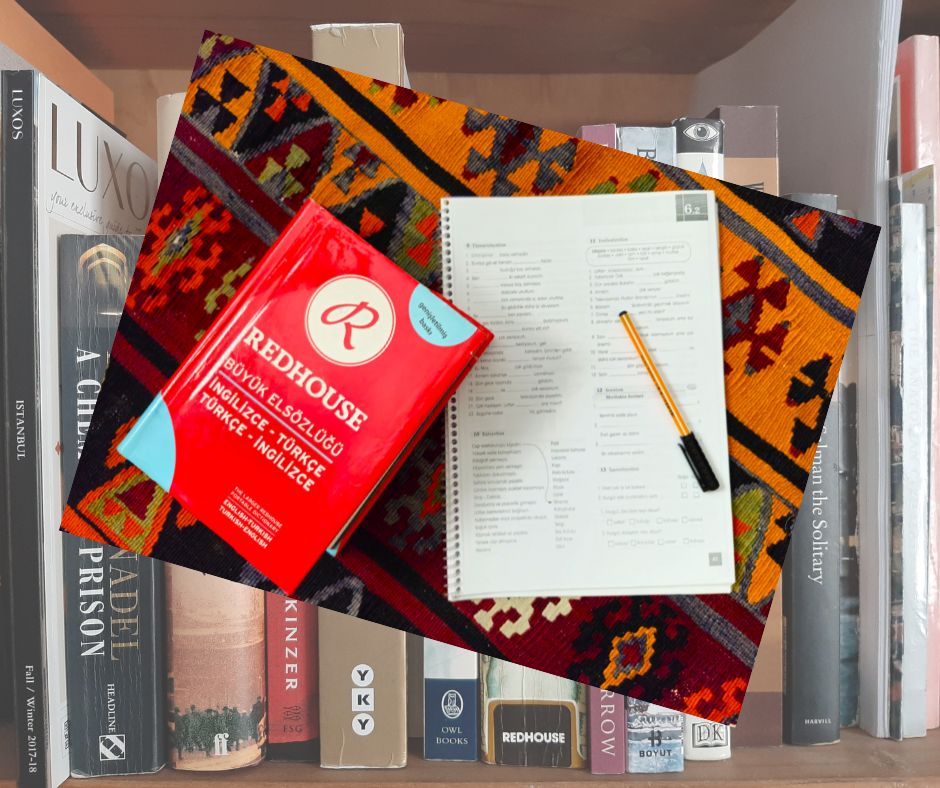

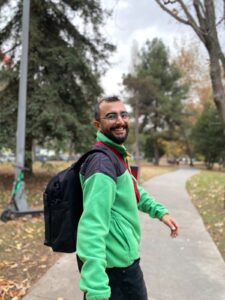
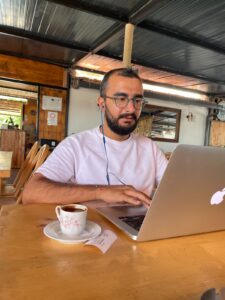
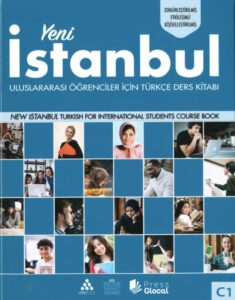
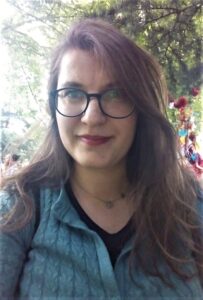
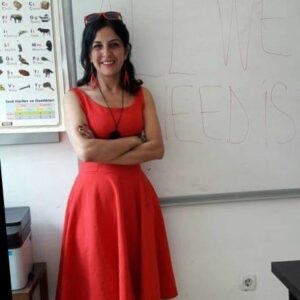
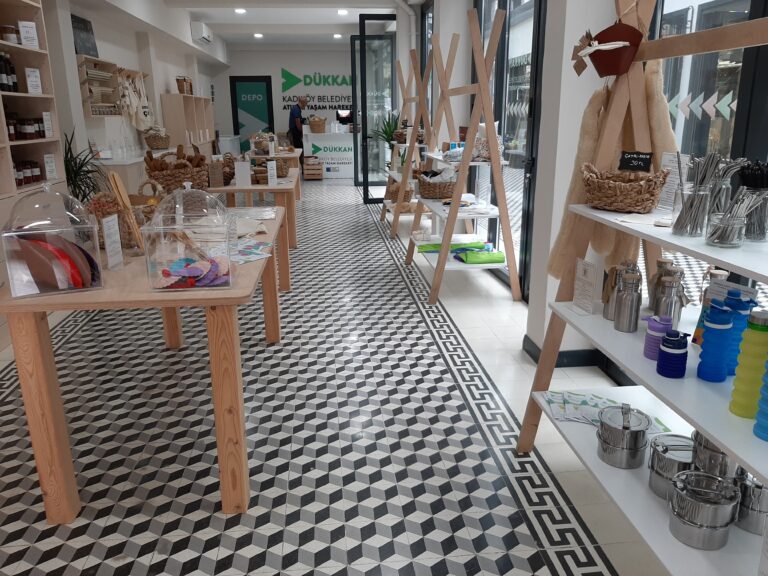
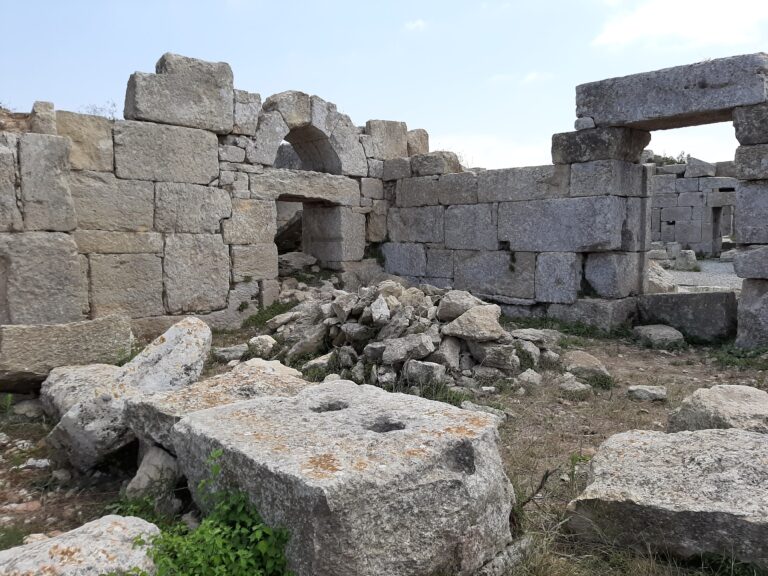
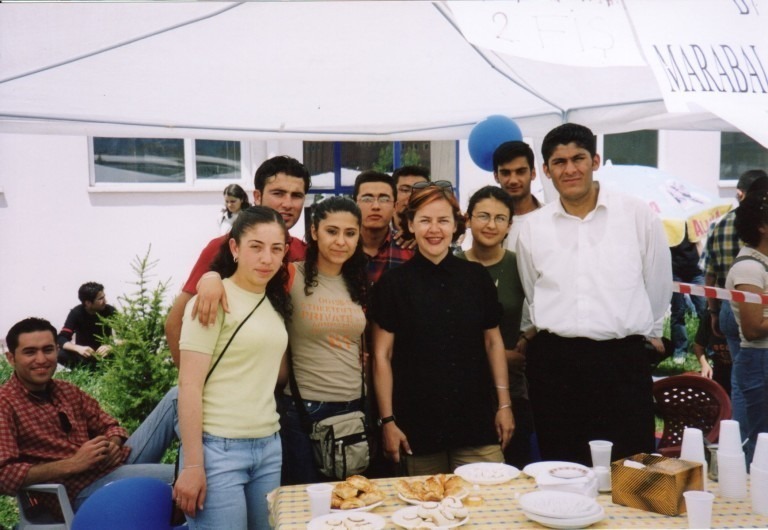

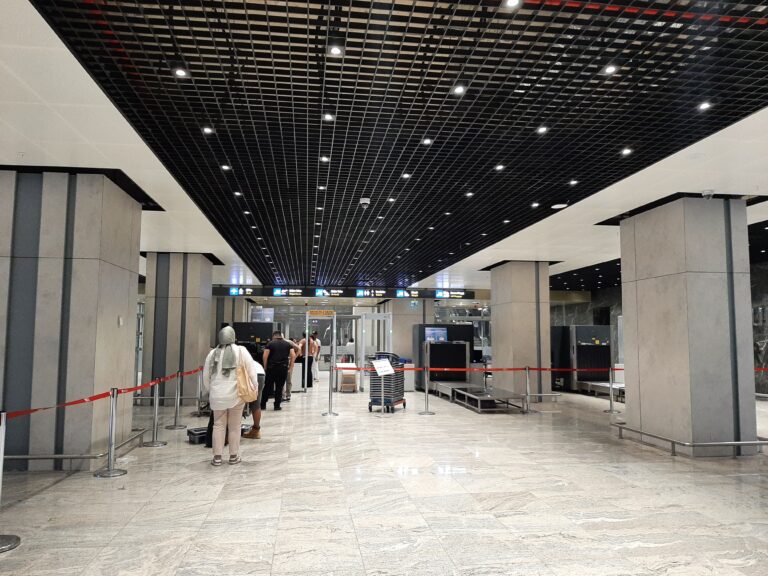
I learned Spanish in Nicaragua in a similar manner: small classes (6 students I think) and we associated vocabulary with the object or action, rather than translating to an English word. We practiced grammar by using it in different situations. It is the best way to learn. I enjoyed my classes and continue to use Spanish now, 47 years later.